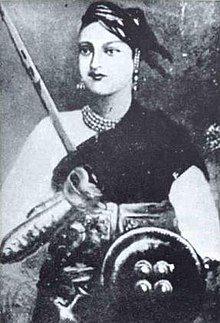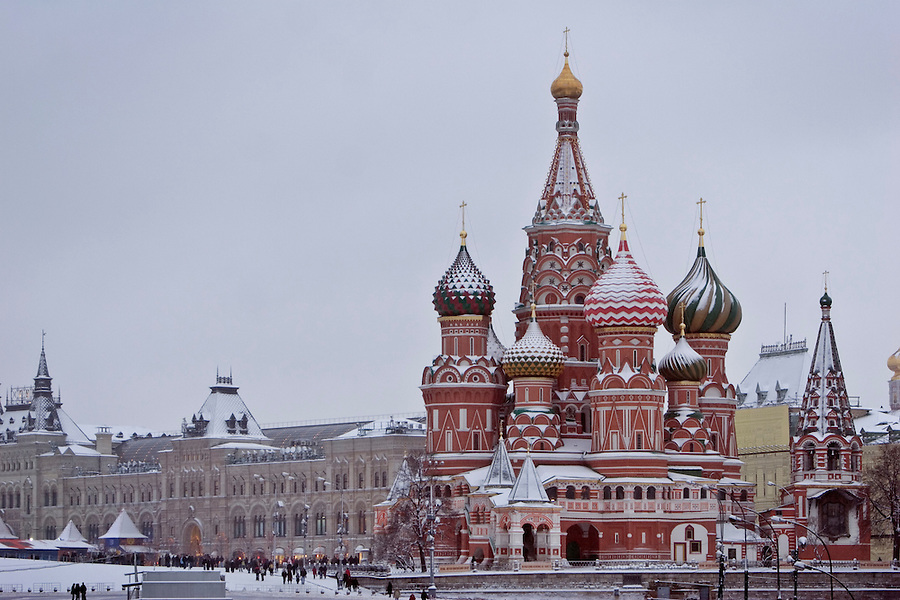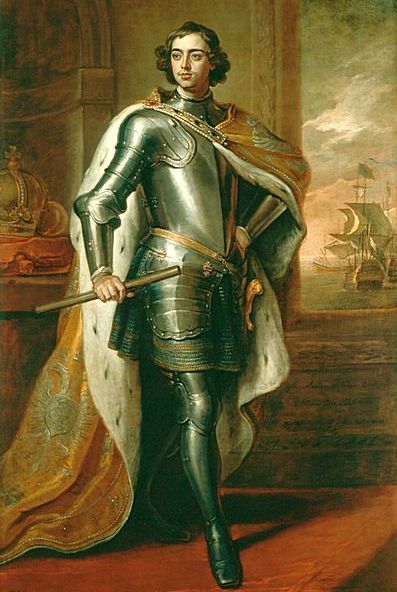Rani (Queen) Lakshmi Bai is often called the 'Joan of Arc of India', and with good reason. At just 22 years old she seized control of the kingdom of Jhansi, and spearheaded a revolt against the British. Like Joan, Lakshmi's life was short, but she certainly caused the English a lot of trouble.
 Lakshmi was the daughter of a scholar and a king's adviser. She was raised with the young men of the court, and in addition to learning the usual school subjects, she was also trained in combat. She was, by all accounts, a lovely and intelligent young lady, and the age of fifteen, she married Raja Gangadhar Rao, Maharaja of the kingdom of Jhansi.
Lakshmi was the daughter of a scholar and a king's adviser. She was raised with the young men of the court, and in addition to learning the usual school subjects, she was also trained in combat. She was, by all accounts, a lovely and intelligent young lady, and the age of fifteen, she married Raja Gangadhar Rao, Maharaja of the kingdom of Jhansi.
The couple were married for about ten years until Gangadhar died of illness. They had no surviving children, and so they had adopted a young cousin, Damodar Rao, as their own, and the throne passed to Damodar, despite the fact that he was only five years old.
Enter the English. The English had a policy at the time of stealing every bit of land they could. It was no different with Jhansi. In a move reminiscent of the Romans dealings with Boudicca, the English refused to recognize Damodar as being the rightful heir, and they moved in to take control. Lakshmi was granted a pension of 5,000 rupees a month, and Damodar was allowed to keep his palace, but control of Jhansi had ceded to the enemy.
Now, as you might imagine, the Indians were non too pleased with this arrangement. Big shock, I know. The Indians weren't very fond of having the British in their country in general, but then the English went a step too far, or the Indians thought that they did.

See, the English had enlisted thousands of sepoys, or native Indian soldiers, both Muslim and Hindu. When their superior officers introduced the Enfield Cartridges, the soldiers balked. They had heard rumors that the cartridges were greased with beef and pig fat. As the soldiers had to put the cartridge in their mouth to tear off the end before they could load it in the gun, they would be getting a small amount of beef or pork in their mouth, and, as you may no, beef and pork are serious no-nos in Hinduism and Islam respectively.
So the sepoys were being difficult. And by 'being difficult' I mean they were in revolt. To add to that, local revolutionaries in Jhansi had risen up and killed all the English civil servants and their families. This is when Lakshmi took control of the situation.
The narrative splits into two parts from here. Some sources claim that Lakshmi took instant control of the situation, and started hacking away at the English. There were even rumors that she'd started the revolt in the first place. Other sources claim that she took control of Jhansi in the name of the English, and asked them what to do. They never got back to her, so she just did what she wanted until the English pitched a fit a few months later.
Here is where the story comes back together. The English soldiers marched on Jhansi, and besieged the fort where Lakshmi was living with her adopted son. Lakshmi commanded her soldiers as well as the rebels, and though they held the fort for a long time, they eventually had to escape.
From there they fled east to Gwalior. There had been skirmishes along the way, and by this point Lakshmi's forces were tired and few in number. In a last ditch effort against the English, Lakshmi tied her son to her back, armed herself with two swords, and plunged into battle. It was in this battle that she was killed.
Today Lakshmi is remembered as a brilliant Indian queen who fought for freedom from the English. She is revered by the Indians, and her statue watches over Jhansi to this day.
Sources
Encyclopedia Britannica
Maps of India
History Net
The Famous People
 Lakshmi was the daughter of a scholar and a king's adviser. She was raised with the young men of the court, and in addition to learning the usual school subjects, she was also trained in combat. She was, by all accounts, a lovely and intelligent young lady, and the age of fifteen, she married Raja Gangadhar Rao, Maharaja of the kingdom of Jhansi.
Lakshmi was the daughter of a scholar and a king's adviser. She was raised with the young men of the court, and in addition to learning the usual school subjects, she was also trained in combat. She was, by all accounts, a lovely and intelligent young lady, and the age of fifteen, she married Raja Gangadhar Rao, Maharaja of the kingdom of Jhansi.The couple were married for about ten years until Gangadhar died of illness. They had no surviving children, and so they had adopted a young cousin, Damodar Rao, as their own, and the throne passed to Damodar, despite the fact that he was only five years old.
Enter the English. The English had a policy at the time of stealing every bit of land they could. It was no different with Jhansi. In a move reminiscent of the Romans dealings with Boudicca, the English refused to recognize Damodar as being the rightful heir, and they moved in to take control. Lakshmi was granted a pension of 5,000 rupees a month, and Damodar was allowed to keep his palace, but control of Jhansi had ceded to the enemy.
Now, as you might imagine, the Indians were non too pleased with this arrangement. Big shock, I know. The Indians weren't very fond of having the British in their country in general, but then the English went a step too far, or the Indians thought that they did.

See, the English had enlisted thousands of sepoys, or native Indian soldiers, both Muslim and Hindu. When their superior officers introduced the Enfield Cartridges, the soldiers balked. They had heard rumors that the cartridges were greased with beef and pig fat. As the soldiers had to put the cartridge in their mouth to tear off the end before they could load it in the gun, they would be getting a small amount of beef or pork in their mouth, and, as you may no, beef and pork are serious no-nos in Hinduism and Islam respectively.
So the sepoys were being difficult. And by 'being difficult' I mean they were in revolt. To add to that, local revolutionaries in Jhansi had risen up and killed all the English civil servants and their families. This is when Lakshmi took control of the situation.
The narrative splits into two parts from here. Some sources claim that Lakshmi took instant control of the situation, and started hacking away at the English. There were even rumors that she'd started the revolt in the first place. Other sources claim that she took control of Jhansi in the name of the English, and asked them what to do. They never got back to her, so she just did what she wanted until the English pitched a fit a few months later.
 |
| The statue of Lakshmi at Jhansi |
From there they fled east to Gwalior. There had been skirmishes along the way, and by this point Lakshmi's forces were tired and few in number. In a last ditch effort against the English, Lakshmi tied her son to her back, armed herself with two swords, and plunged into battle. It was in this battle that she was killed.
Today Lakshmi is remembered as a brilliant Indian queen who fought for freedom from the English. She is revered by the Indians, and her statue watches over Jhansi to this day.
Encyclopedia Britannica
Maps of India
History Net
The Famous People







